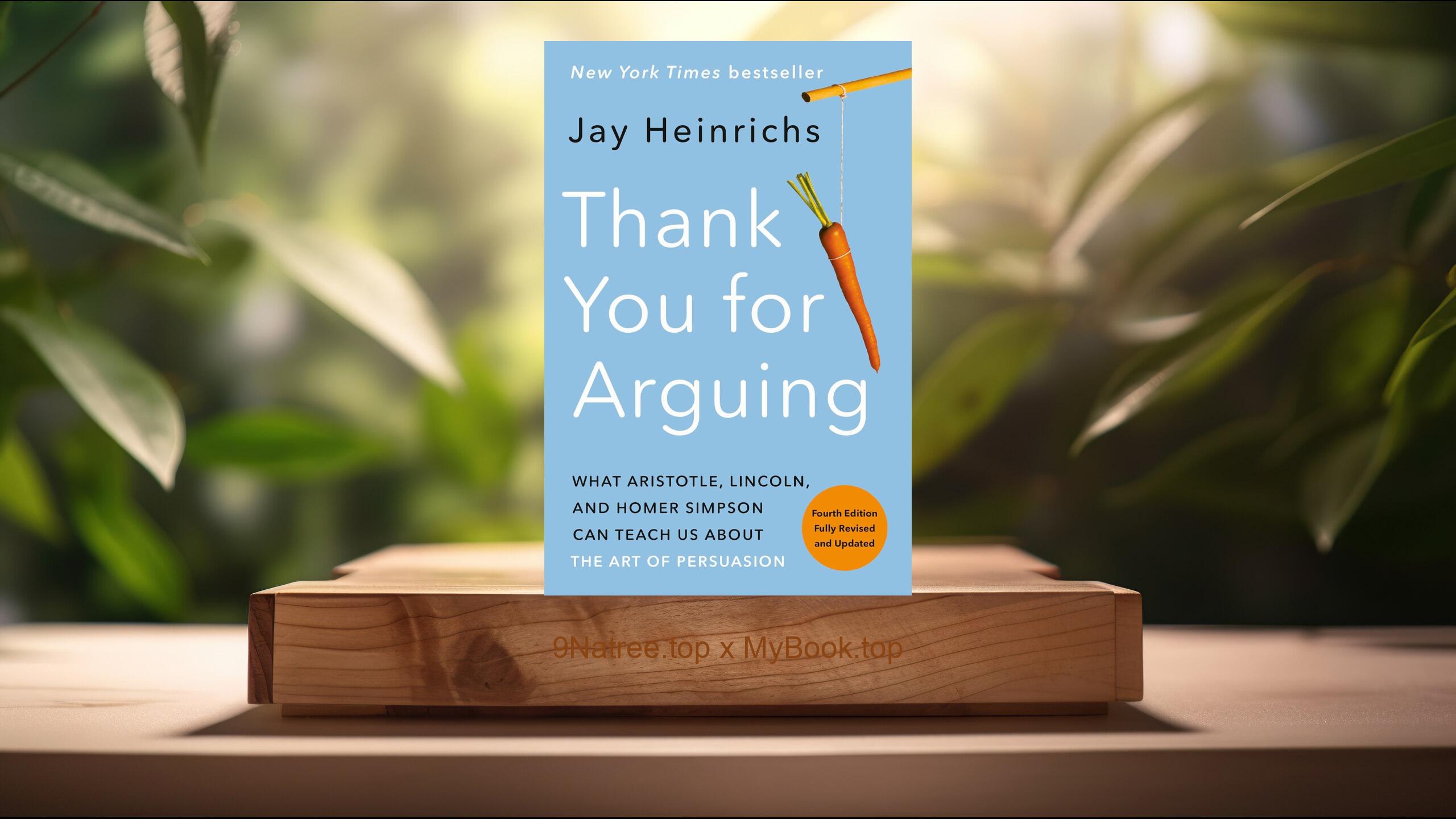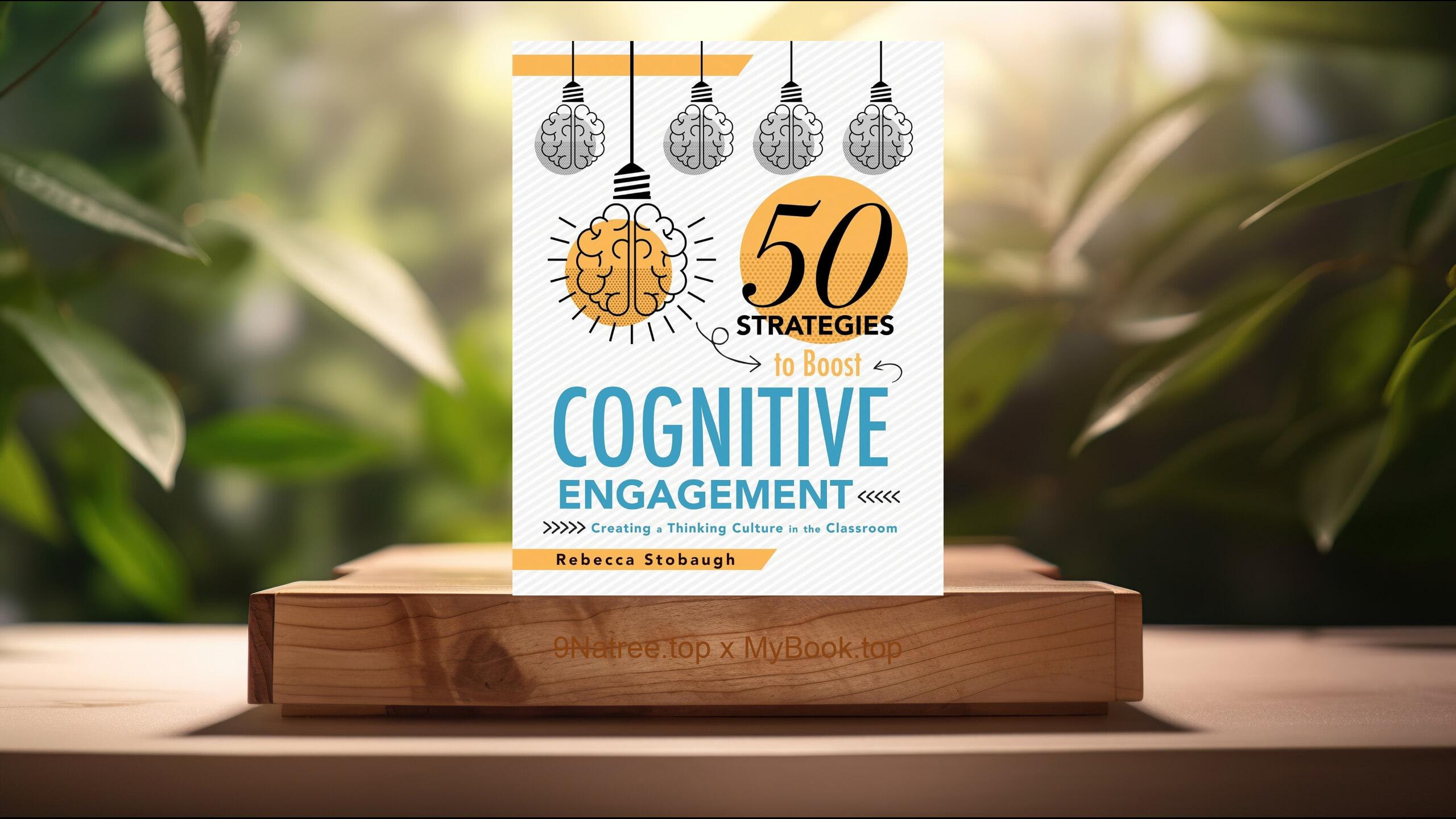Show Notes
- Amazon US Store: https://www.amazon.com/dp/B001QNVP7M?tag=9natree-20
- Amazon Worldwide Store: https://global.buys.trade/The-Now-Habit-Neil-A-Fiore.html
- Apple Books: https://books.apple.com/us/audiobook/the-now-habit-a-strategic-program-for/id1648869518?itsct=books_box_link&itscg=30200&ls=1&at=1001l3bAw&ct=9natree
- eBay: https://www.ebay.com/sch/i.html?_nkw=The+Now+Habit+Neil+A+Fiore+&mkcid=1&mkrid=711-53200-19255-0&siteid=0&campid=5339060787&customid=9natree&toolid=10001&mkevt=1
- Read more: https://mybook.top/read/B001QNVP7M/
#Procrastination #NeilAFiore #Timemanagement #Overcomingperfectionism #Guiltfreeplay #Antiprocrastinationstrategies #Productivity #Selfimprovement #TheNowHabit
These are takeaways from this book.
Firstly, Understanding Procrastination, Procrastination is often misunderstood as simply a lack of time management or laziness. However, Neil A. Fiore in 'The Now Habit' digs deeper to reveal that it's a complex issue rooted in fear, anxiety, and a protective mechanism against failure, criticism, and control. Fiore explains how procrastination can be a method for coping with the overwhelming pressure and unrealistic expectations we place on ourselves. Through his exploration, readers learn that overcoming procrastination begins with understanding why we procrastinate, which involves recognizing the emotional triggers and cognitive distortions that lead us to delay important tasks. This insight is crucial for breaking the cycle of procrastination and taking the first steps toward productive and guilt-free work.
Secondly, Shifting from a Task to a Time Orientation, One of the principal strategies Fiore introduces is the shift from a task-oriented mindset, which focuses on completing specific tasks, to a time-oriented mindset, which focuses on devoting slices of time to work regardless of the task's outcome. This approach encourages individuals to take control of their time and efforts, rather than being controlled by the tasks at hand. By allocating uninterrupted time blocks solely for work, individuals can create a sense of progress and momentum. Fiore emphasizes the importance of starting with small, manageable time periods to ease the transition and reduce the overwhelm often associated with tackling large tasks. This strategy helps break the cycle of procrastination by focusing on effort and process, rather than perfection or completeness of the task.
Thirdly, The Power of Guilt-Free Play, Fiore posits a radical idea: incorporating guilt-free play into one's life can significantly reduce procrastination. He argues that the denial of leisure and self-care as a form of punishment for not finishing tasks only perpetuates the cycle of procrastination. Instead, scheduling time for guilt-free play rejuvenates the mind, reduces stress, and increases creativity. This concept is grounded in the understanding that rest is not the opposite of productivity but rather an integral component of it. By legitimizing play and rest, Fiore suggests that we can approach our work with more energy and a better mindset, therefore making us more efficient and less likely to procrastinate. The key, he notes, is to ensure that these leisure activities are enjoyed without guilt, as this positive reinforcement encourages a healthier work-life balance.
Fourthly, Overcoming the Perfectionism Trap, Perfectionism is identified by Fiore as a major contributor to procrastination. The desire to produce work that is impeccable can lead to a fear of starting or completing tasks, due to the fear that the results will not meet high standards. Fiore provides strategies for recognizing perfectionist tendencies and addressing them by setting realistic goals and accepting that mistakes are part of the learning process. This approach emphasizes progress over perfection and encourages individuals to appreciate incremental improvements in their work. By challenging the perfectionism mentality, Fiore helps readers to overcome one of the biggest hurdles to productivity and reinforces the importance of being compassionate towards oneself throughout the process of working and achieving.
Lastly, Creating an Anti-Procrastination Plan, Fiore offers a holistic approach to creating a strategic plan to conquer procrastination. This involves establishing clear, achievable goals, breaking them down into manageable tasks, and scheduling dedicated time for work and play. The emphasis on planning is crucial as it provides a roadmap to productivity, helping individuals prioritize tasks and manage their time effectively. Fiore also includes strategies for dealing with setbacks and maintaining motivation, suggesting that the journey to overcoming procrastination is continuous and requires flexibility and resilience. Through practical examples and exercises, readers learn how to tailor the anti-procrastination plan to their personal and professional lives, ensuring that it is not only effective but also sustainable in the long term.
![[Review] The Now Habit (Neil A. Fiore) Summarized](https://episodes.castos.com/660078c6833215-59505987/images/1791746/c1a-085k3-qdrv9w19t9zo-sksjmg.jpg)




